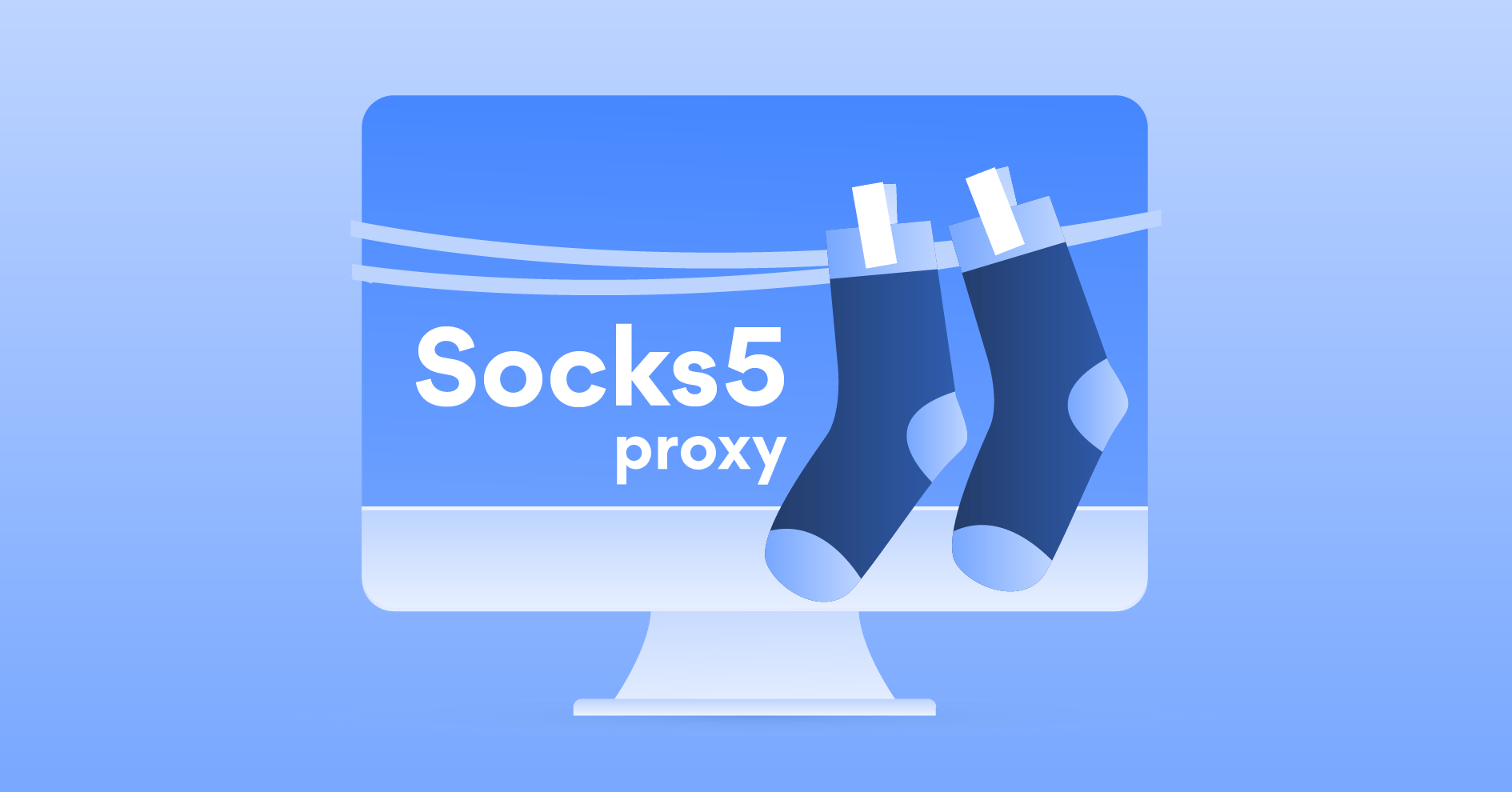Proxy services play a crucial role in enhancing online security, privacy, and data management. By acting as an intermediary between users and the internet, proxy servers provide a valuable layer of abstraction and control. This article explores the multifaceted purposes of proxy services, highlighting the significance of residential proxies in particular.
Enhancing Online Privacy
Masking IP Addresses
Proxy services conceal users' real IP addresses, replacing them with their own. This process significantly boosts online anonymity, making it challenging for third parties to track users' online activities or determine their physical location.
Secure Data Transmission
They encrypt data transmitted between the user and the internet, safeguarding sensitive information from potential interceptors. This encryption ensures that data such as passwords, financial details, and personal information remain confidential.
Circumventing Geo-Restrictions and Censorship
Accessing Geo-Blocked Content
Proxy services enable users to bypass geographical restrictions on websites and content. By routing the connection through a server located in a different region, users can access content that would otherwise be unavailable in their country.
Overcoming Censorship
In regions with strict internet censorship, proxies provide a lifeline by allowing access to blocked websites and services. This capability is critical for preserving the free flow of information and supporting freedom of speech.
Improving Internet Speed and Bandwidth Efficiency
Caching Data
Proxy servers cache frequently accessed web pages and content, reducing loading times and improving browsing speed for subsequent requests. This caching mechanism also decreases bandwidth usage, which can lead to cost savings for organizations with high data consumption.
Load Balancing
By distributing incoming requests across multiple servers, proxies enhance website performance and prevent any single server from becoming overloaded. This load balancing contributes to more stable and efficient internet usage, particularly for websites with high traffic volumes.

Controlling Internet Usage
Content Filtering
Organizations use proxy servers to monitor and control internet usage, blocking access to inappropriate or unsafe websites. This filtering helps in enforcing internet usage policies and protecting users from harmful content.
User Authentication
Proxies can require authentication before users gain access to the internet, adding an extra layer of security. This feature ensures that only authorized users can access the network, protecting against unauthorized use.
Conclusion
Proxy services offer a comprehensive solution for enhancing online security, privacy, and efficiency. From masking IP addresses to bypassing geo-restrictions, and improving internet speed, the benefits of using a proxy are manifold. Residential proxies, in particular, offer the advantages of using real residential IP addresses, making them less likely to be detected and blocked by websites. Whether for individual privacy or organizational control, proxy services provide the tools needed to navigate the complex landscape of the internet safely and efficiently.